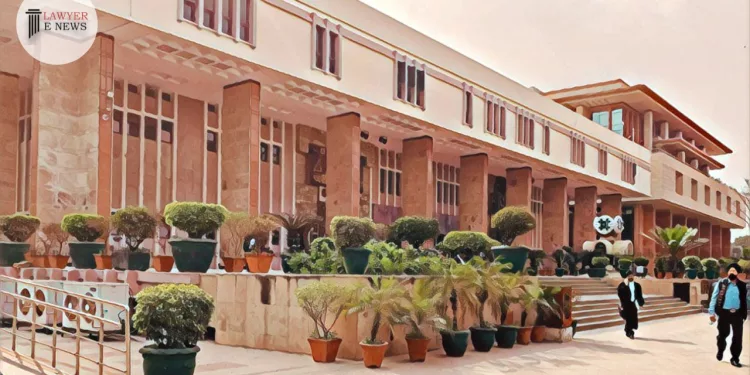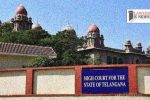High Court Grants Bail in NDPS Act Case, Cites ‘Limited Role’ and ‘Lack of Direct Evidence’ as Key Factors”

In a significant ruling, the Delhi High Court today granted bail to two individuals, Kashmir alias Mausam and Somdutt Singh alias Shivam, in a case pertaining to violations of the Narcotic Drugs and Psychotropic Substances Act, 1985 (NDPS Act). The decision, articulated by Justice Amit Bansal, underscored crucial legal observations concerning the role and evidence against the accused in drug-related offenses.
The bail applications, linked to Case No. VIII/13,13A/DZU/2020, revolved around charges under Sections 8/22(c)/23/25/29 of the NDPS Act. Both applicants had been in custody since late 2020 and early 2021 respectively, with the case involving the recovery of substantial quantities of psychotropic substances from parcels and an apartment.
In his judgment, Justice Bansal emphasized, “At this stage, it cannot be conclusively said that recoveries were made from the possession of the applicant,” highlighting the uncertainty surrounding the direct involvement of the accused in the alleged offenses. This observation was pivotal in tilting the scales in favor of granting bail.
Further delving into the specifics of the case, the court noted the limited role of one of the applicants, Kashmir @ Mausam, who was primarily involved in packing and delivering medicines. The court observed that the evidence suggested his limited involvement and absence from the apartment at the time of recovery.
Regarding Somdutt Singh, the judgment pointed out the lack of direct recovery of substances from him, relying heavily on the Supreme Court’s precedent in Tofan Singh v. State of Tamil Nadu, which questioned the admissibility of confessional statements under Section 67 of the NDPS Act.
The decision also took into account the duration of custody and the conduct of the applicants, along with the principle of parity, as co-accused in the case had already been granted bail.
The bail was granted subject to several conditions, including a personal bond and strict compliance with the investigation process. The court’s careful articulation in this judgment marks a significant moment in the interpretation of the NDPS Act, particularly concerning the roles and evidence required for the continuation of custody in such cases.
Date : 1st December, 2023
SOMDUTT SINGH @ SHIVAM VS NCB






